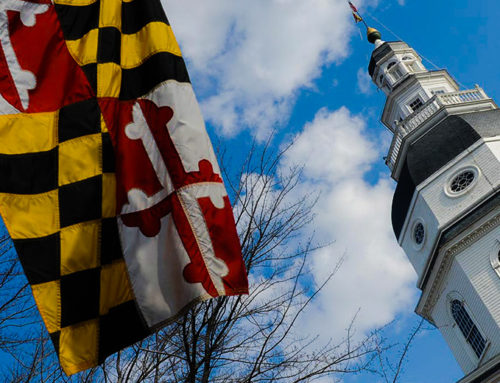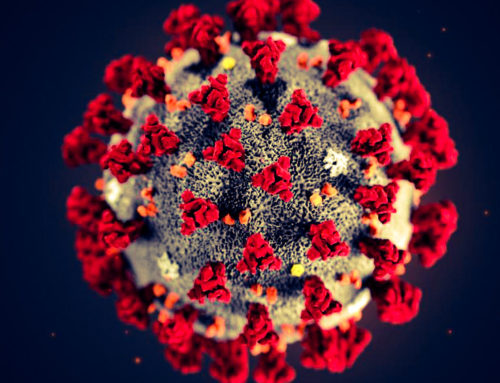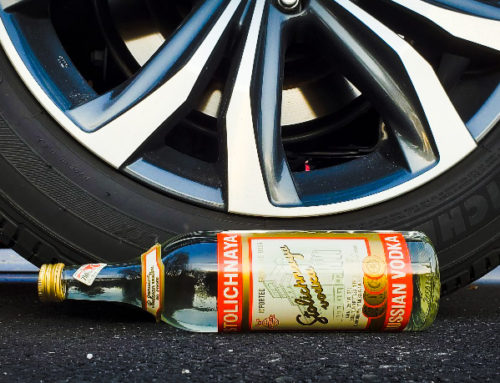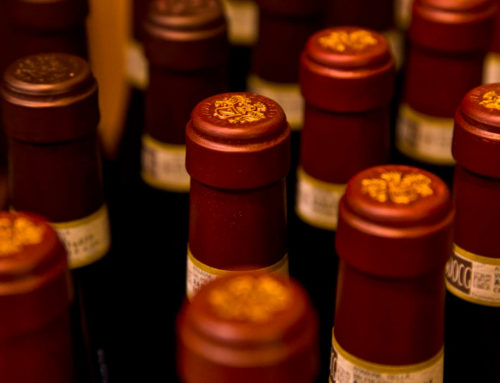View by Topic
Recent Articles
-
President Trump’s Bold Step to Rein in State Overreach in Climate ChangeSaturday, April 12th, 2025
-
Mandatory GHG Disclosures in Maryland Real Estate ContractsSaturday, April 5th, 2025
-
NYC Building Electrification Ruling is Interesting But Not a Game ChangerSaturday, March 29th, 2025
-
Greenpeace Ordered to Pay $667M in Blow to ActivismSaturday, March 22nd, 2025
-
The Most Consequential Day of Environmental Deregulation in American HistorySaturday, March 15th, 2025
View by Month/Year
“Green Building Law Update” Headlines
Recent Articles & News from
Stuart Kaplow’s blog
at GreenBuildingLawUpdate.com
- President Trump’s Bold Step to Rein in State Overreach in Climate Change April 13, 2025
- Mandatory GHG Disclosures in Maryland Real Estate Contracts April 6, 2025
- NYC Building Electrification Ruling is Interesting But Not a Game Changer March 30, 2025
- Greenpeace Ordered to Pay $667M in Legal Blow to Environmental Activism March 23, 2025
Subscribe to the Green Building Law Update!
Stuart Kaplow brings his expertise and extensive experience to the table with his unique digital publication, "Green Building Law Update". Subscribers receive regular updates to keep them informed about important issues surrounding Environmental Law, Green Building & Real Estate Law, as well as the emerging demand for Environmental Social Governance (ESG).
Get fresh content through the lense of Stuart Kaplow's cutting-edge expertise, innovative commentary and insider perspective. Don't miss another issue! Subscribe below.
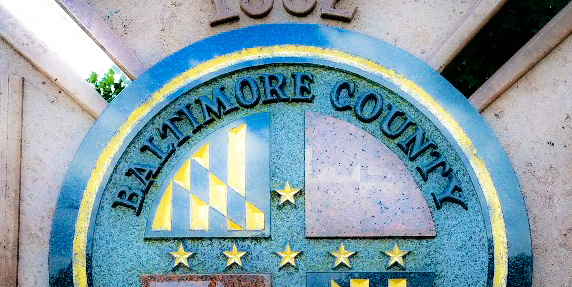
New Liquor Board Rules and Regulations in Baltimore County
Nancy Hudes and I are collaborating in Regulatory Solutions Consultancy, LLC, a consulting firm positively leveraging constraints and finding advantages in the licensed beverage industry. If we can assist you with matters of alcoholic beverage law, do not hesitate to give us a call.
The Board of Liquor License Commissioners for Baltimore County has issued new Rules and Regulations effective September 30, 2018.
Liquor board Rules are of great import and govern the issuance of an alcoholic beverage license as well as the day to day operations of a business selling alcoholic beverages. While hyper technical in nature, the Rules have the force of law and a violation of a Rule can result in civil penalties and ultimately suspension or revocation of an alcoholic beverage license.
Maryland Annotated Code, Alcoholic Beverages Article, Section 13-207 provides, the Baltimore County Board may adopt Rules to carry out the State law, including rules regarding:
- the presence on a licensed premises of an individual who is not a consumer; and
- the issuance of a license when the actual use of the license is to be deferred until the completion of construction or alterations on the premises.
There are substantially the same enabling laws across the state although local licensing boards ultimately promulgate very different Rules from county to county.
As a purely housekeeping matter, the new Baltimore County Rules and Regulations identify the current members of the Board, including longtime chairman Charles Klein, recently appointed member Susan Green and new member Audie Jones.
In a procedural clarification, the Rules now make clear that a licensee may be subject to a fine of up to “$2,000 or suspension or revocation of their license for any violation of any of these rules.”
The change that garnered the must comment at the public hearing on the Rules is Rule 1 that now provides, “a license holder or an employee of a license holder may not sell or provide alcoholic beverages to any person who exhibits signs of intoxication or impairment, ..” Some argued this was a high bar for a server. Our concern is that the new Rule is a different standard than the state law that provides, “A license holder or an employee of the license holder may not sell or provide alcoholic beverages to an individual who, at the time of the sale or delivery, is visibly under the influence of an alcoholic beverage.” Md. Ann. Code art. AB, § 6-307
Possibly, the change that will impact the largest number of licensees was from the old Rule 5.B, “It shall be unlawful for the holder of a Class “D” license to allow any minor or minors under the age of twenty-one (21) years to be on the premises after 9:00 p.m.” has been altered to 10:00 p.m., “unless accompanied by a parent or legal guardian” who is 21 years or older. That change reflects a societal change as much as anything else.
Rule 6 that limits gifts from wholesalers to licensees has been completely rewritten and now expressly allows advertising support with a value of not more than $150. Of all the changes this one may be problematic to enforce and not only have real First Amendment challenges, but also problems in enforcing in the social media age?
There was a nod to modernity in the modest revision to Rule 9 that allow delivery of alcoholic beverages where the Rule had provided only for orders placed by mail or telephone and now orders may also be placed by “email, fax, text or via an app”.
And another minor, but possibly salacious edit to the Rules in this modern era was a change to the Rule 2 prohibited practices that had in the past only prohibited female nudity and now requires that ”the male or female pubic region, anus, cleft of the buttocks, or genitals” must be clothed and not exposed to public view.
There are a dozen or so other mostly modest changes that may impact individual licensees. The new Rules are a very good cleanup of the last version. All licensees should read the new Rules.





